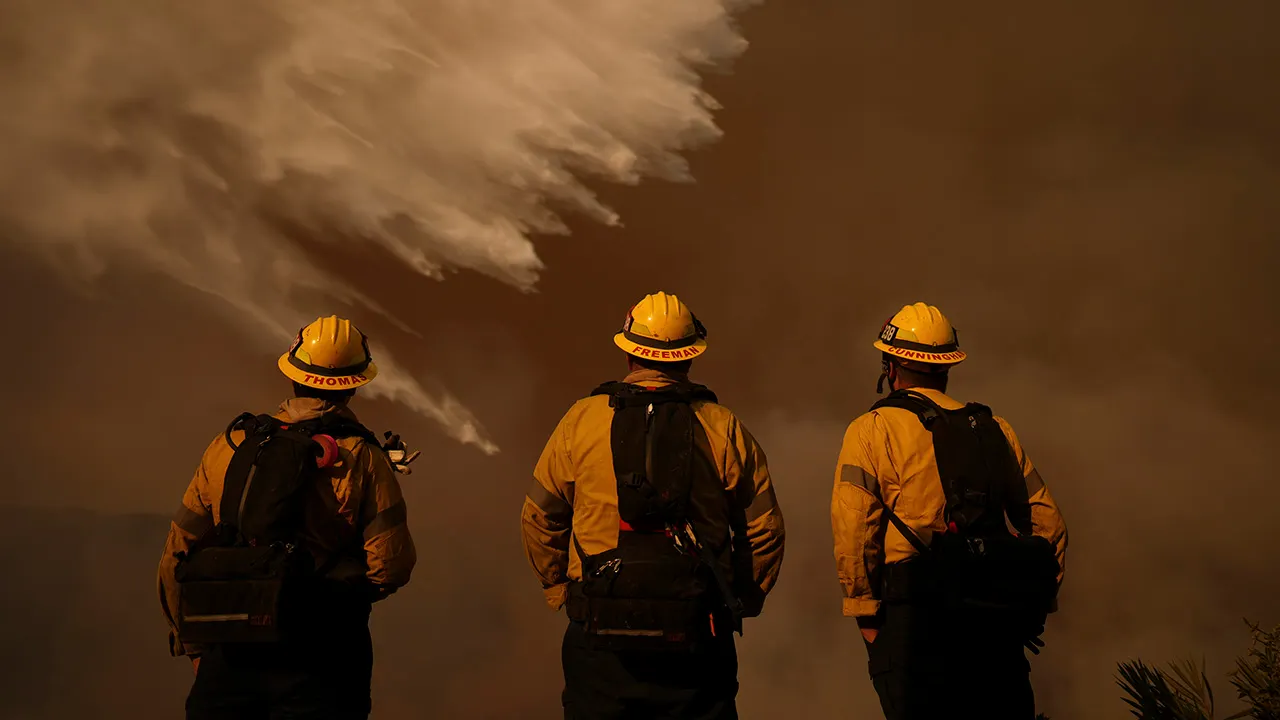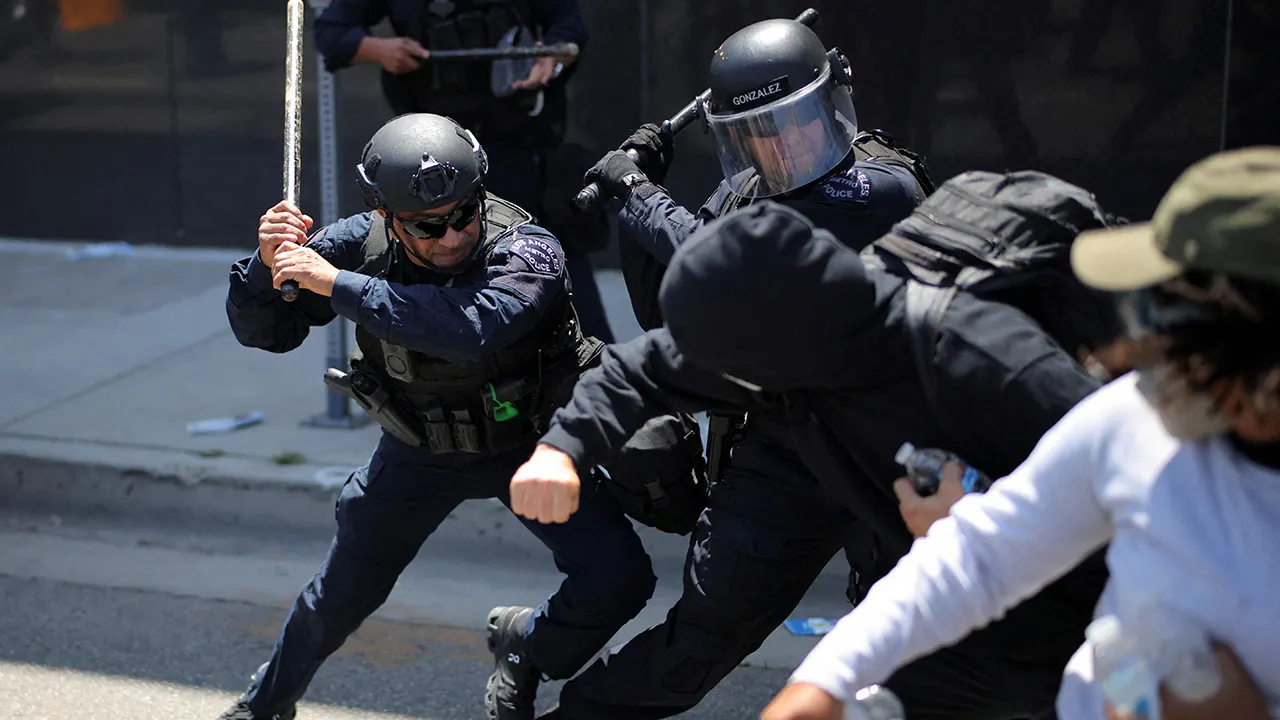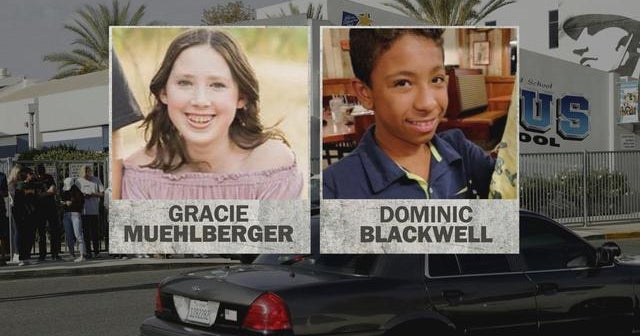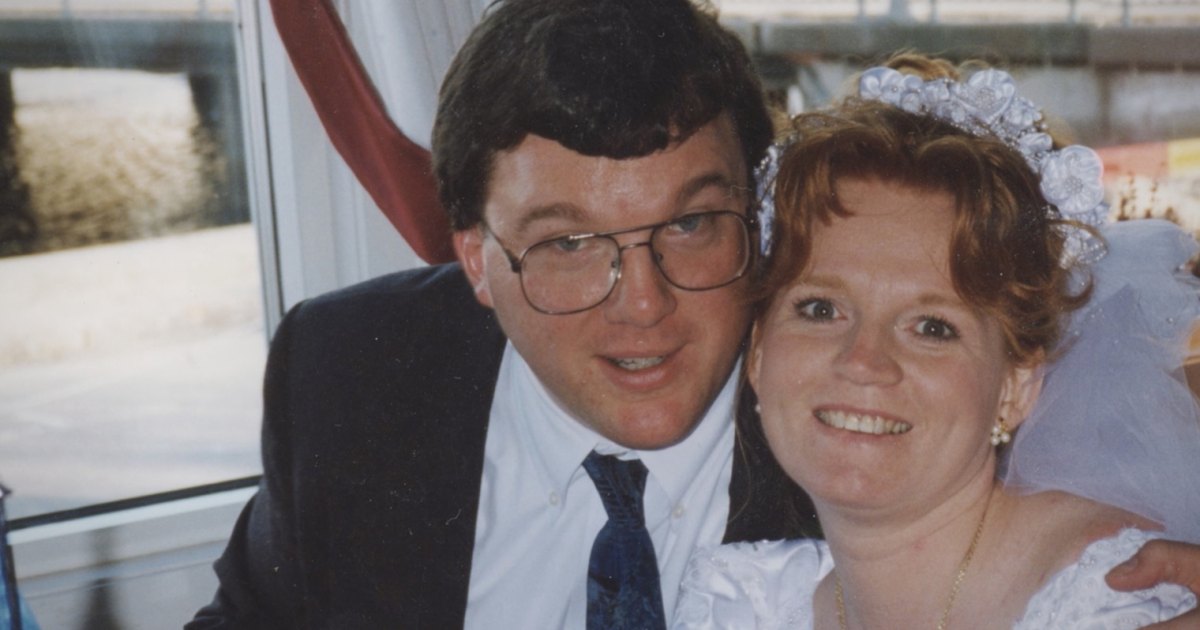Disbanding Fact-Checkers: A Dangerous Move in the Age of Misinformation?
As misinformation proliferates across various media channels, the role of fact-checkers has never been more crucial. In recent discussions, a former CNN journalist drew a compelling analogy between the disbanding of fact-checkers and the reckless decision to dismantle essential services, such as fire departments, especially in the context of the recent wildfires in Los Angeles. This striking comparison highlights the potential peril of diminishing journalistic integrity during critical times, raising urgent questions about the implications of such actions in our society.
The Current Landscape of Misinformation
In today’s digital age, misinformation spreads at lightning speed, fueled by social media platforms that allow for unchecked dissemination of false narratives. With the rise of “fake news,” both individuals and institutions face challenges in discerning truth from fiction. According to a Poynter Institute report, over 60% of people struggle to differentiate between news and opinion or outright falsehoods online. This reality makes the role of fact-checkers not just beneficial, but essential.
The Role of Fact-Checkers
Fact-checkers serve as the guardians of information, meticulously verifying claims made by public figures, organizations, and media outlets. Their work involves:
- Researching Facts: Digging deep into claims to provide a clear and accurate depiction of the truth.
- Providing Context: Offering background information that helps readers understand the complexities behind a statement.
- Holding Power to Account: Fact-checkers keep politicians and public figures accountable for their statements, fostering transparency.
Without fact-checkers, misinformation can easily gain traction, potentially leading to severe consequences, particularly during crises. The analogy to fire departments is particularly poignant; just as we rely on firefighters to protect us from disasters, we need fact-checkers to safeguard the truth.
The Consequences of Disbanding Fact-Checkers
The removal of fact-checkers from newsrooms could lead to several alarming outcomes:
- Increased Misinformation: Without fact-checking, false claims can rapidly circulate, causing confusion and panic among the public.
- Loss of Trust: Media organizations risk losing credibility when they present unchecked information, leading to a general distrust in journalism.
- Manipulation of Public Opinion: Misinformed citizens are more susceptible to manipulation, as they may base their beliefs and decisions on false premises.
This situation is exacerbated in times of crisis, such as natural disasters or public health emergencies. Just as a fire department’s absence would heighten the risk of catastrophe, the lack of rigorous fact-checking can lead to disastrous consequences for society as a whole.
Real-World Implications
The wildfires in Los Angeles serve as a stark example of how misinformation can escalate during crises. As the fires spread, various claims about their causes, the effectiveness of evacuation orders, and even the potential for arson circulated widely. In this chaotic environment, having dedicated fact-checkers was vital to provide clarity and ensure that residents had accurate information to make informed decisions.
Consider the following scenarios:
- **If rumors that evacuation orders were optional went unchecked, lives could be put at risk.**
- **If misinformation about the causes of the fires spread, it could lead to scapegoating and social unrest.**
In both cases, the absence of fact-checkers could have dire consequences, emphasizing their critical role in maintaining public safety and social harmony.
Alternative Approaches to Combat Misinformation
While disbanding fact-checkers seems like a regressive step, there are alternative approaches that can enhance the accuracy of information dissemination:
- Empowering Media Literacy: Educating the public on how to critically evaluate sources can reduce the spread of misinformation.
- Utilizing Technology: AI and machine learning can assist in flagging false information, although human oversight remains essential.
- Collaborative Efforts: News organizations can work together to share resources and best practices in fact-checking.
Conclusion: The Need for Vigilance
The removal of fact-checkers is akin to dismantling vital emergency services during a crisis—it threatens the very fabric of informed society. As we navigate the complexities of the modern information landscape, the need for vigilant, dedicated fact-checkers has never been more critical. Their work ensures that we can rely on accurate information, especially during tumultuous times.
In the end, the question remains: can we afford to disband fact-checkers when the stakes are so high? The answer is a resounding no. Just as we wouldn’t consider disbanding fire departments during wildfire season, we must recognize the indispensable role of fact-checkers in our quest for truth and accountability. In a world fraught with misinformation, safeguarding journalistic integrity is not just necessary; it’s our collective responsibility.
See more CNN Headline



